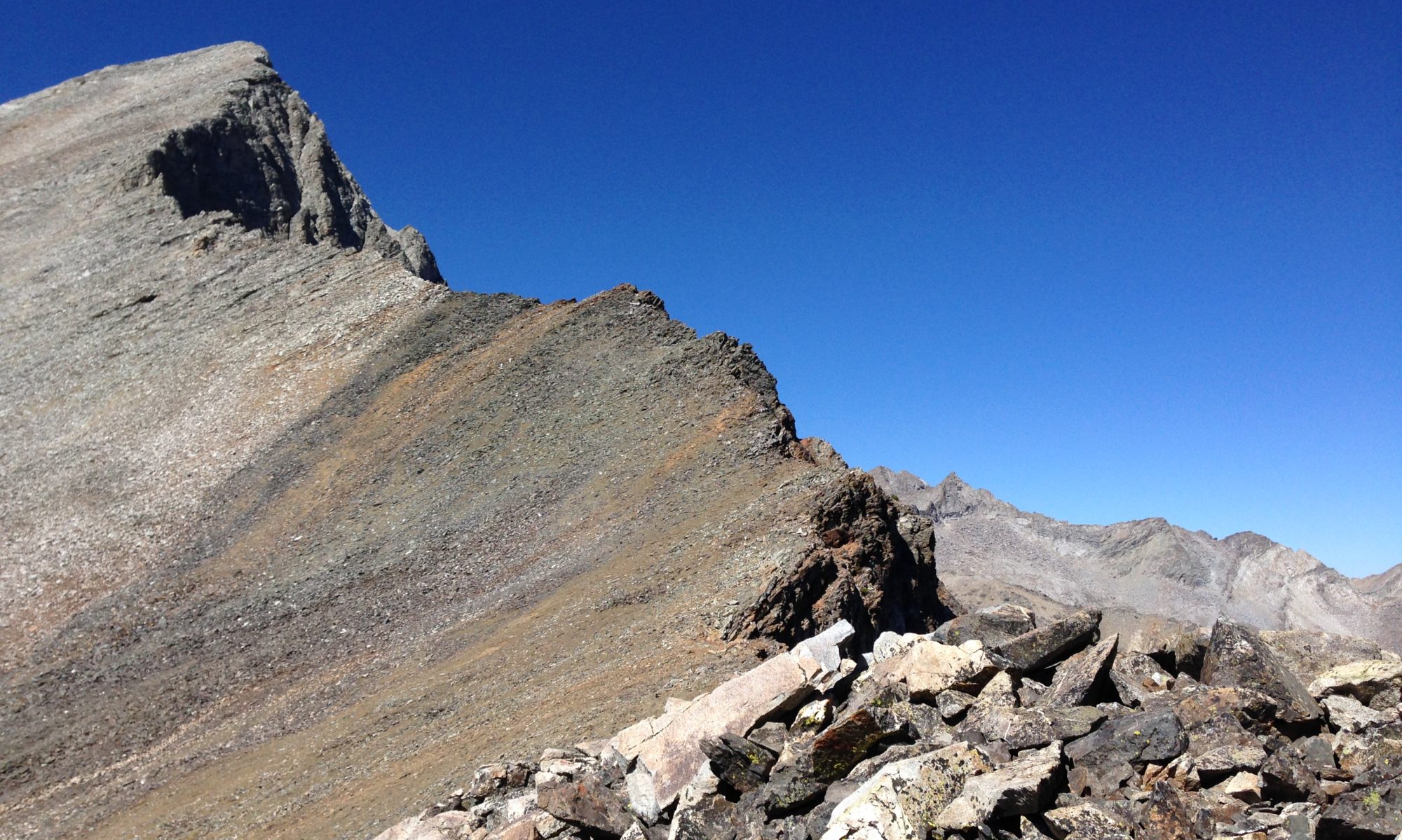…see Jamyang Kitchen Manual and Open Space Practices for new progress in both.
Added a few recipes to the Manual I’m developing for the Kitchen, and came to some new clarity yesterday on these OpenSpacePractices. The first practice, Opening, turns out to be essentially about resting, as in letting down one’s guard, welcoming, embracing. The letting down is important, as it is the sensation of the practice. Working these others in the direction of sensation led me to consider invitation as naming… or maybe now I think, Clearing. Then, holding is really more the sensation of Cradling. It’s not holding firm, but simply providing a snug-enough platform from which new things can squirm and look into what they need to, what they choose. And then, the last practice may yet turn out to be Defending, though this has some negative connotations, so following the thread further leads to more a sensation of Generating. In Defending we take a position, generate a boundary, an energy that protects, a front. This seems to fit.
And then it’s important to notice that each practice is essentially the not doing of the one that comes before. Opening as not Defending or Generating, letting the guard down. Inviting and Clearing is a focusing that stops Opening and being Willing to accept any and everything, and begins the process of choosing and directing. That directing stops, resolves, in simply being there, Cradling, Holding, Hosting… unless something invades the space, or until an event comes to a close when a practitioner must either Defend against the invader, defend participants right to make their own choices, generate options for movement (like simply walking out of the room as an alternative to getting hooked in by the invader’s organizing and controlling), or at the end, generating a report. Finally, after taking the position, making the report, defending the space, the next step is to let down, rest, Open again…



